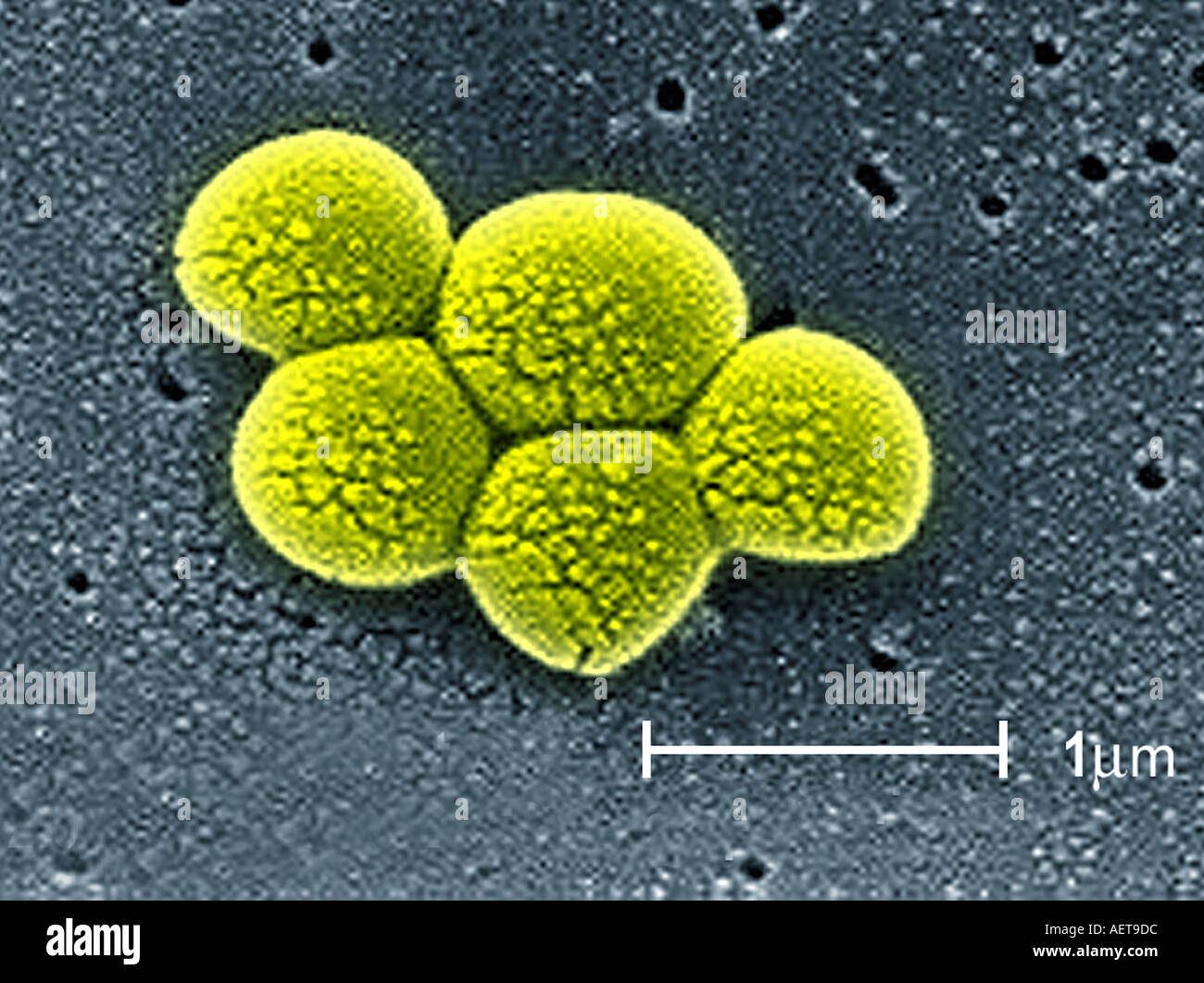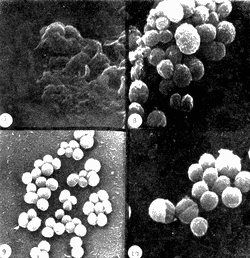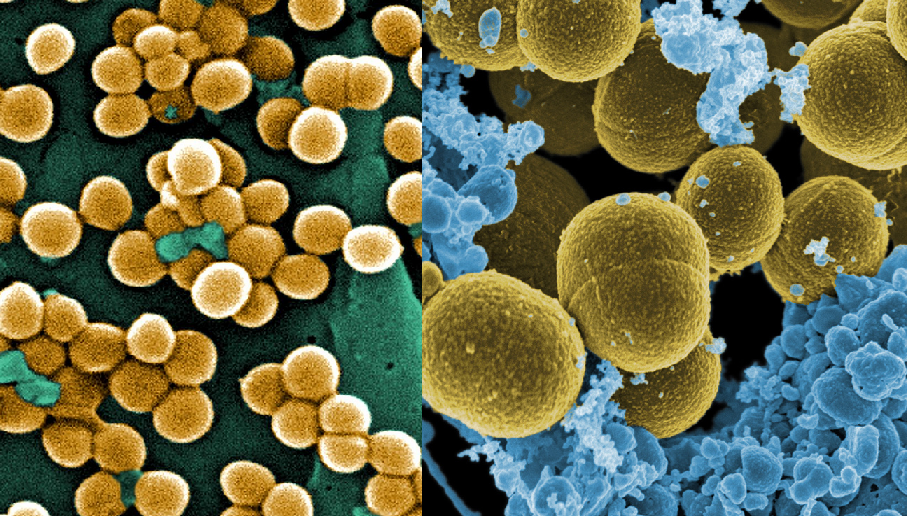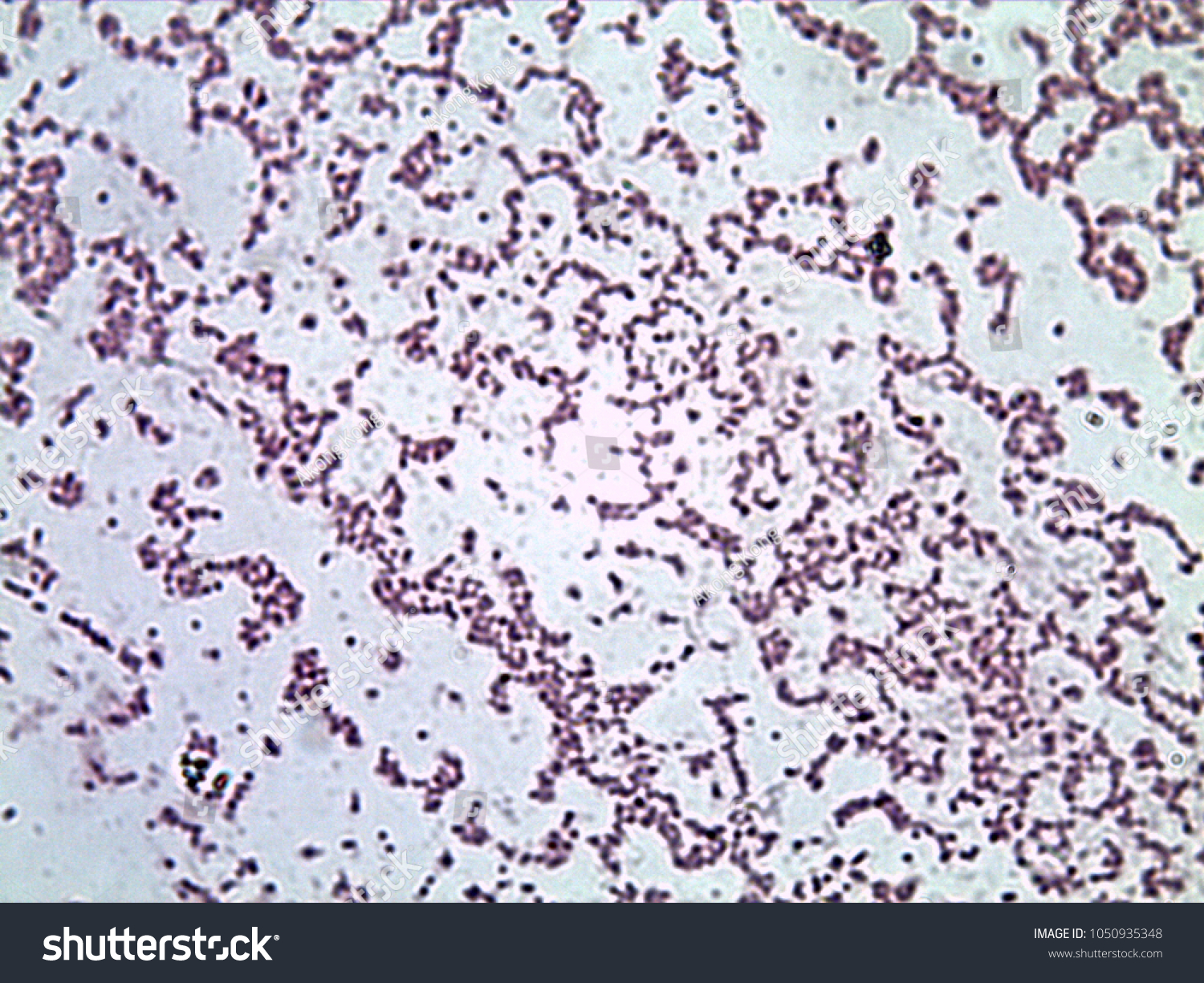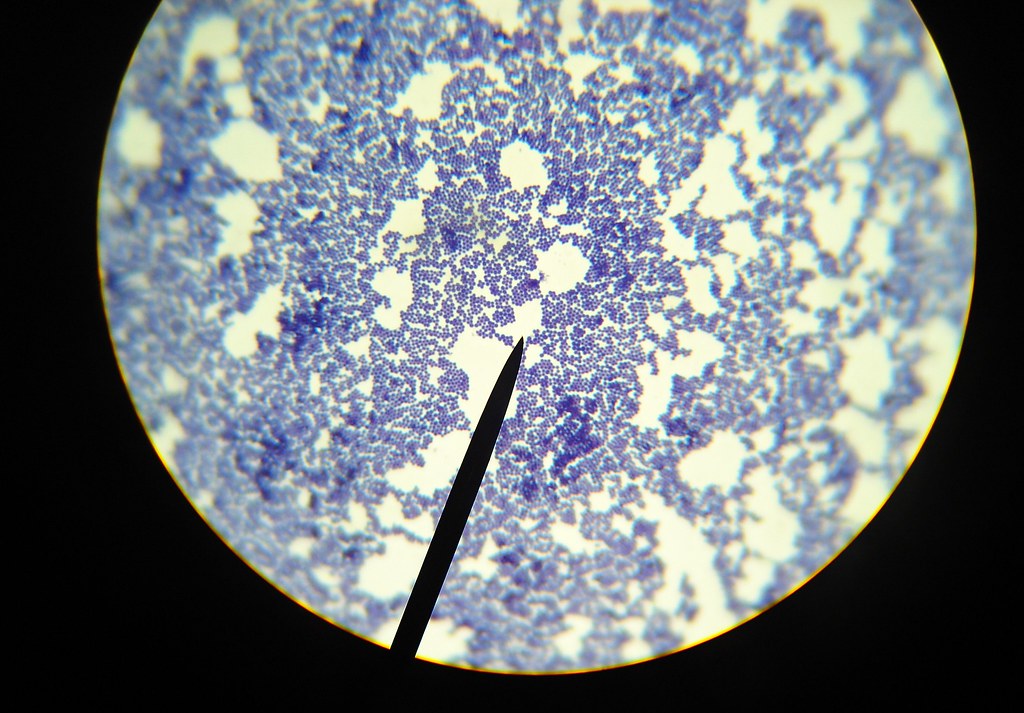
Estructura de la bacteria staphylococcus aureus bajo el microscopio microorganismo causante de enfermedades verdes vector plano para volante médico o infografía | Vector Premium

توییتر \ microBIO در توییتر: «Escherichia coli es un Gram negativo y Staphylococcus aureus es un Gram positivo #microMOOCSEM2 https://t.co/EDIJNrAL71»

Bactérias Staphylococcus Aureus Sobre A Superfície Da Pele Ou Membrana Mucosa, Ilustração 3d Fotos, Retratos, Imágenes Y Fotografía De Archivo Libres De Derecho. Image 69859620.

Las Bacterias Staphylococcus Aureus En La Superficie De La Piel O Las Mucosas, La Ilustración 3d Fotos, Retratos, Imágenes Y Fotografía De Archivo Libres De Derecho. Image 69859621.
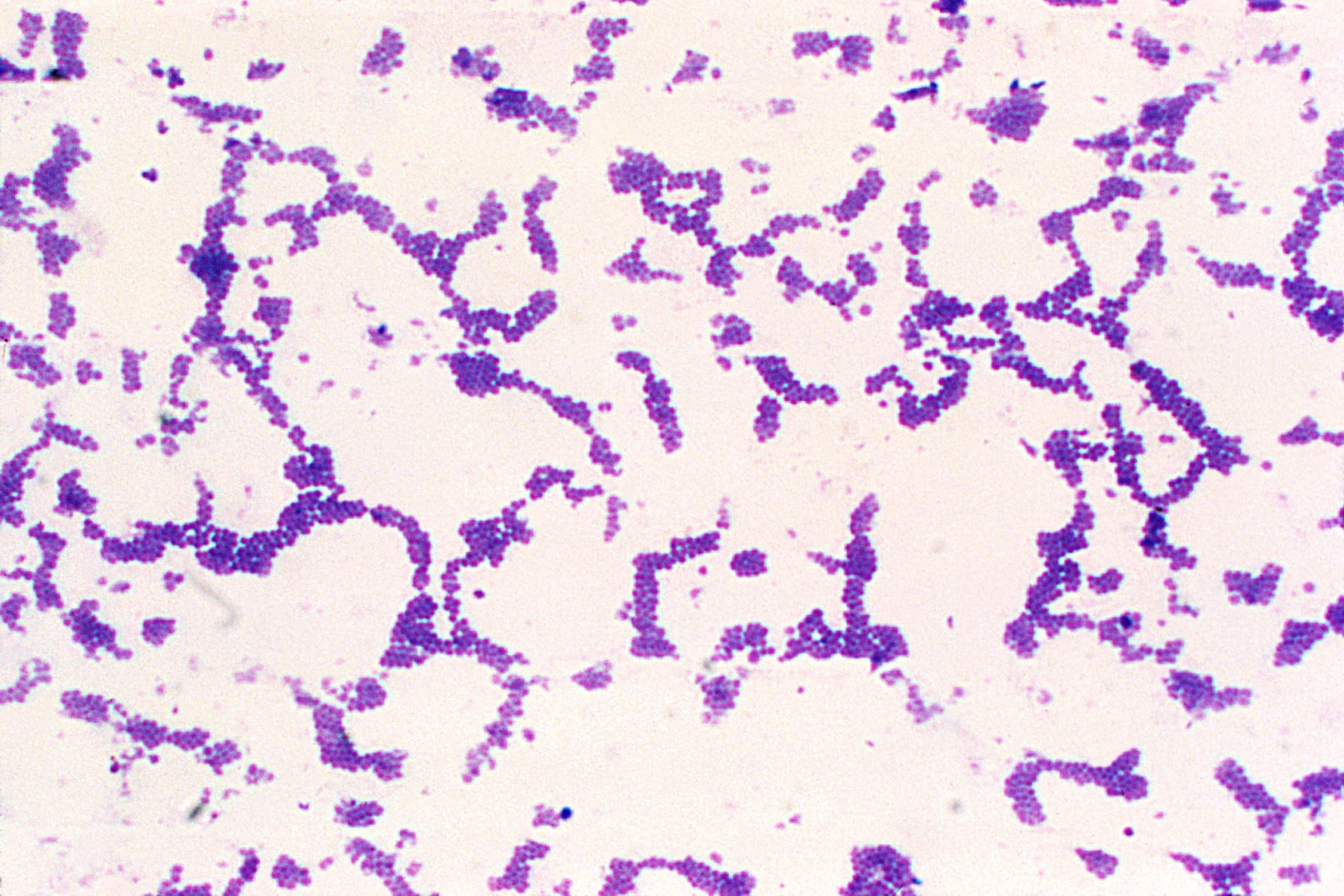
Imagen gratis: microfotografía, esférica, cocos, gramo, positivo, estafilococos, aureus, bacterias, magnificado, 320x
Búsqueda de portadores de Staphylococcus coagulasa positivos en fosas nasales y piel de una población de estudiantes de la Uni
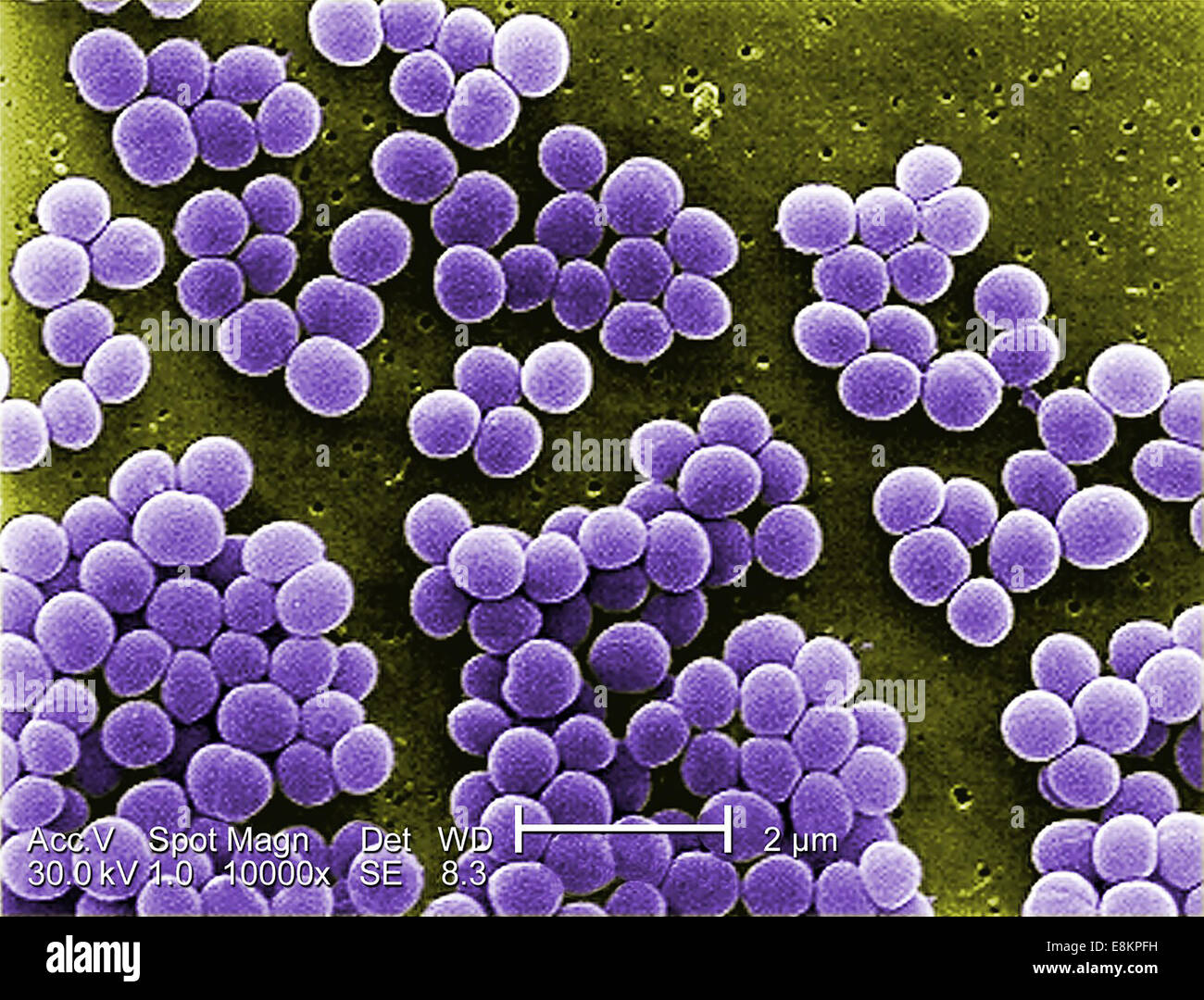
Bajo alta magnificación de 10.000x, este análisis micrografía de electrones (SEM) muestra la cepa de la bacteria Staphylococcus aureus Fotografía de stock - Alamy
